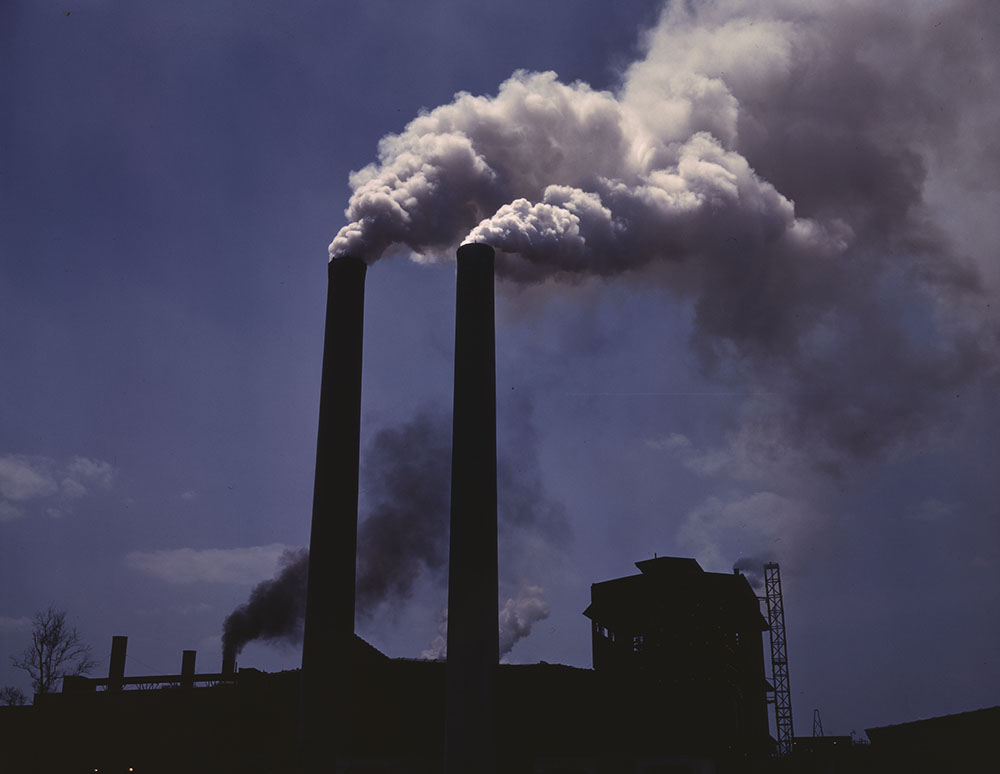Trump undermines the science behind climate change
June 4, 2019 | Expert Insights

Background
Climate change is the difference in the statistical distribution of weather patterns over an extended period. Global warming denotes a rise in the average temperature of the Earth's climate system. Climate change poses a significant threat to Earth's environmental status-quo. Sea levels are rising, and oceans are becoming warmer. More prolonged, intense droughts threaten crops, wildlife and freshwater supplies.
The most controversial aspect of climate change is whether humans directly contribute to it. Studies if peer-reviewed scientific journals show that 97% of active climate scholars believe that climate-warming trends over the past century are caused by human activity. This is likely to impact the environment by altering natural ecosystems, cause the extinction of animal species and dislocate of human populations due to rising sea levels and heat waves. Threats to food and water supplies are also expected. Scientists believe that the primary cause for climate change is the burning of hydrocarbons such as oil. There are those that believe that humans cannot be responsible for climate change.
Analysis
Since assuming office, President Trump has systematically rolled back environmental regulations instituted during the time of President Obama. Over the coming months, the White House is expected to complete this reversal by removing federal curbs to greenhouse-gas emissions. In the most significant international climate-related reversal, President Trump withdrew the US from the Paris climate accord. The agreement deals with how countries can mitigate greenhouse-gas emissions.
The Trump administration has also sought to thwart the science that backs climate change. Mr Trump began his assault on climate science during his 2016 campaign in which he called the Environmental Protection Agency (EPA) a part of the "deep state." The EPA is a regulatory body responsible for protecting the environment. Mr Trump has since altered the EPA's policies to reduce their focus on greenhouse gas emissions. The EPA will finalise the legal withdrawal of President Obama's most consequential climate policies: regulations that curb pollution from vehicle tailpipes and power plant smokestacks.
Among the most urgent job of climate science studies is to report and disseminate the effects of a warming planet. By presenting a picture of what the Earth could look like in the near future, scientists hope they can spur changes to the way humans live. The Trump administration has sought to distort the accuracy of these forecasts. For example, the head of the United States Geological Survey, James Reilly, ordered that assessments produced by the office use computer-generated models that project the impact of climate change until 2040. Previous practice modelled these effects until the end of the 21st century. This provides a misleading picture as the most prominent effects of emissions are likely to be felt after 2040. Models predict that the planet will warm at the same rate until 2050. After that, until 2100, the rate of warming depends on how today's humans can curb the emission of greenhouse gases.
The National Climate Assessment, produced by various agencies of the US government, has offered a holistic view of climate change since 2000. Government scientists used these computer-generated models to predict the effects of climate change. The next assessment, estimated to be released in 2021 or 2022, will not include worst-case scenario projections.
The standard argument made by proponents of restricting worst-case scenarios from climate models states that such predictions do not reflect real-world considerations. Despite these assertions, most climate models present worst-case scenarios where no changes are made to current practices. This is the real-world consideration used by scientists when forecasting; if no changes are made today, what happens to global warming?
The Republican establishment has long believed in small government. Their ideology is based on the idea that government must have minimal involvement in daily human life and the economy. They believe these are ideal conditions to increase the prosperity of the whole society. This premise is in direct odds with regulations required to minimise greenhouse gases. The Trump administration believes that to stimulate the economy, most rules, including those relating to the climate, must be removed.
Assessment
Our assessment is that the Trump administration views climate change science as the primary cause for government regulations that impede business activity. The majority of climate science shows that humans are responsible for global warming, requiring a regulatory policy to negate its effects. We feel that Mr Trump believes any action in this regard requires a larger, more intrusive government that stifles business productivity and profit maximisation. The Republican establishment's opposition to climate change science is based on ideological principles that believe a better outcome can be secured through the free market. Regardless, we think that the free market helped bring about global warming, and without regulation, it is unlikely to halt the proliferation of greenhouse gases.








Comments